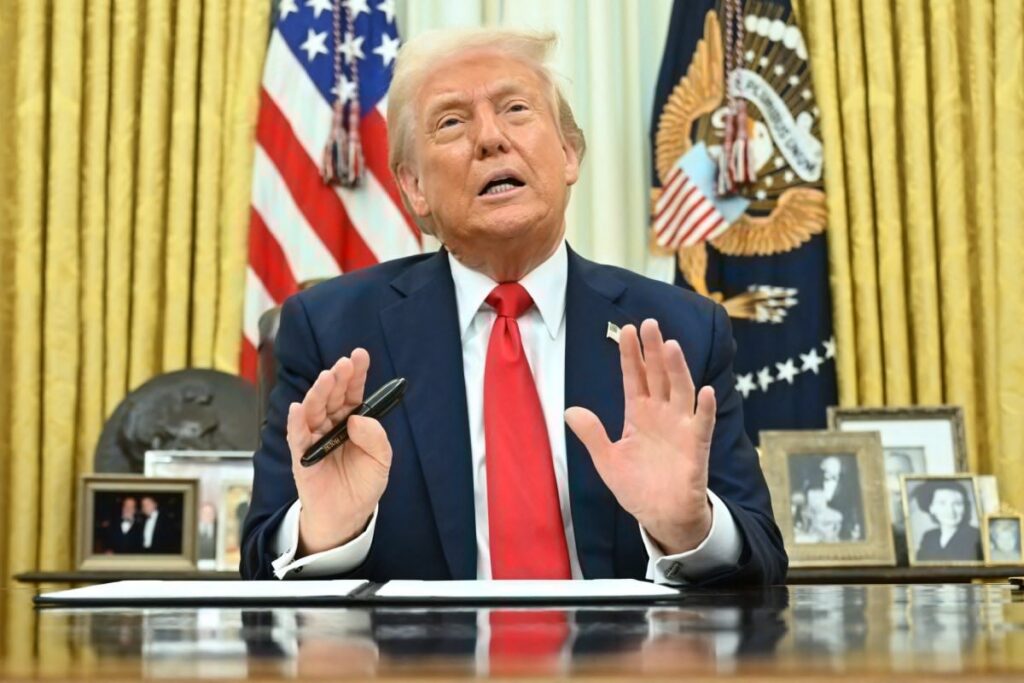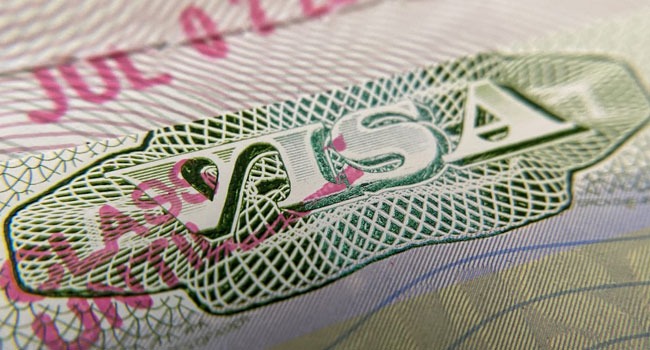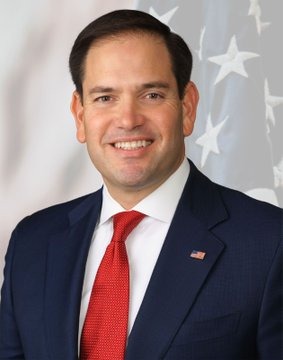In a major development likely to impact thousands of international students, including many Nigerians, U.S. Secretary of State Marco Rubio on Tuesday ordered an immediate suspension of student and exchange visa processing, according to an internal State Department cable obtained by AFP.
The move comes amid a broader crackdown by the Trump administration, which has intensified screening procedures and taken a hardline stance on immigration and foreign student admissions. The cable, signed by Rubio, instructs U.S. embassies and consulates worldwide to halt new appointments for student and exchange visa applicants “until further guidance is issued.”

This abrupt decision affects global student mobility and has particularly strong implications for Nigeria, which contributes significantly to the international student population in the U.S. The suspension is also expected to impact the growing wave of youth migration from Nigeria — commonly referred to as “Japa” — a trend driven by economic challenges and the search for better opportunities abroad.
According to the leaked memo, the suspension will allow time to implement expanded vetting measures, including a deeper review of applicants’ social media histories. While the directive hints that updated guidance may follow “in the coming days,” processing delays are expected to worsen as U.S. consular offices are already grappling with significant application backlogs.
State Department spokeswoman Tammy Bruce declined to comment directly on the internal cable but emphasized the administration’s commitment to strict vetting.

“We take very seriously the process of vetting who it is that comes into the country,” Bruce told reporters. “As stated by the president and Secretary Rubio, we want to ensure that people who come to the U.S. are law-abiding and contribute positively while they are here.”
When asked whether student visas would be processed in time for the upcoming academic term, Bruce replied vaguely: “Follow the normal process, the normal steps, and expect to be looked at.”
The announcement follows Rubio’s recent testimony before a Senate panel, where he revealed that “thousands” of visas have been revoked since Donald Trump resumed office on January 20. The secretary has invoked a rarely used provision that allows the State Department to cancel visas on grounds that an individual’s presence would be contrary to U.S. foreign policy interests.

Among those affected are foreign students linked to pro-Palestinian activism, particularly those voicing opposition to the U.S. stance on Gaza. The Trump administration has accused such students of promoting anti-Semitism — allegations strongly denied by several of the individuals impacted.
The visa freeze also coincides with a controversial decision barring Harvard University from admitting new non-American students, further signaling the administration’s aggressive approach to reshaping U.S. immigration and education policy.
As the situation develops, students and academic institutions worldwide are bracing for disruptions, with many calling on U.S. authorities to reconsider policies they say threaten educational exchange, international cooperation, and America’s global standing in higher education.








